Mushroom Eaters
Researchers from Yale University, in the
USA have discovered a fungus that likes to eat plastic. The fungus, Pestalotiopsis
microspora, was discovered during a two-week trip to the South American country
of Ecuador. The findings, published in a recent issue of Applied and
Environmental Microbiology, revealed that the fungus can digest polyurethane and
can also do so in oxygen-deprived locations, such as deep inside a landfill.
Similar findings have been detailed by
author and mycologist, Paul Stamets. Stamets discovered oyster mushrooms and fungus-derived
enzymes that are capable of breaking down various hydrocarbon-based toxins - like
those found in the BP Gulf Oil Spill in a process he calls mycoremediation.
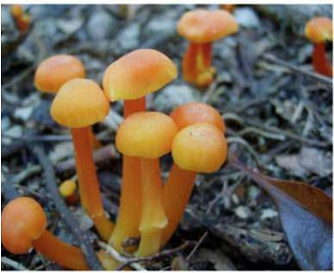
Generally considered to be a safe plastic
with few health risks, polyurethane is a plastic polymer that is commonly found
in items such as insulation, furniture cushions and mattresses, adhesives, shoe
soles and car parts. Like all plastic, it can be ingested by wildlife, and residue
is found throughout oceanic ecosystems, causing concern from environmental advocacy
groups. The researchers of this study hope that this discovery may aid in finding
a way to help break down the plastics that gather in landfills around the
world, damaging the environment.
Make the Switch
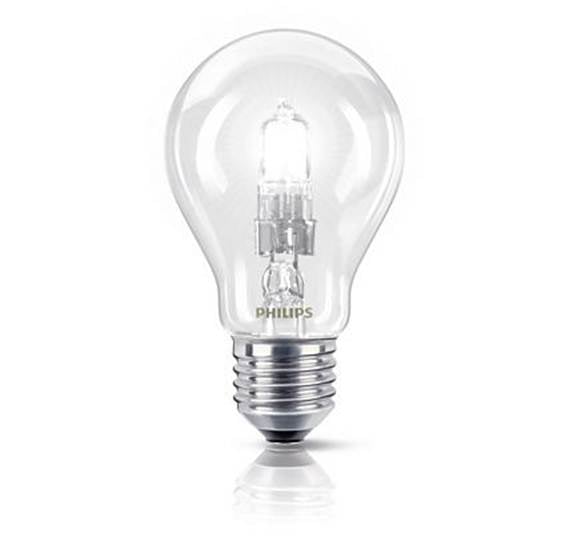
In 2007, Australia became the first
country to "ban the bulb", drastically reducing domestic usage of
incandescent light bulbs. By late 2010, incandescent bulbs had been totally
phased out, and, according to the country's environment minister, this simple
move has made a big difference, cutting an estimated four million tons of
greenhouse gas emissions. China also recently pledged to replace the 1 billion
incandescent bulbs used in its government offices with more energy efficient
models within five years.
International Year of Sustainable
Energy
The USA has designated 2012 the
International Year of Sustainable Energy For All. Broadening access to
sustainable energy is essential to solving many of the world’s challenges, including
food production, food security and poverty. "With so many poor in the
world, addressing these issues is critical," says Danielle Nierenberg, director
of the institute's Nourishing the Planet project. "Fortunately, the solutions
to these problems can come from simple innovations and practices."
Did you know?
According to World Watch magazine, the
equivalent of 270 000 trees worldwide is either flushed or dumped in landfills
every day and 10% of that total is attributable to toilet paper.
Africa's First Green City
Menlyn Maine in Pretoria is set to be
Africa's first green city, one of only 17 worldwide that fall under the Climate
Positive Programmme. The programme, a Clinton Climate Initiative, recognizes
that while increased urbanization is inevitable, cities can still grow in
"climate positive" ways. Some of the green features include storm
water tanks built into the structure and roof of buildings. The water will be
treated and circulated for re-use inside and outside the building and is
expected to provide non-potable water for almost a full year. Primary
contractor for the development, WHBO, recycled 21 968kg of crushed concrete, 17
000kg of steel and 2 740kg of wood onsite, which will be put back into
buildings or used in the next phase. The precinct aims to be the first in
Africa to be climate positive - reducing onsite greenhouse gas emissions to
zero.
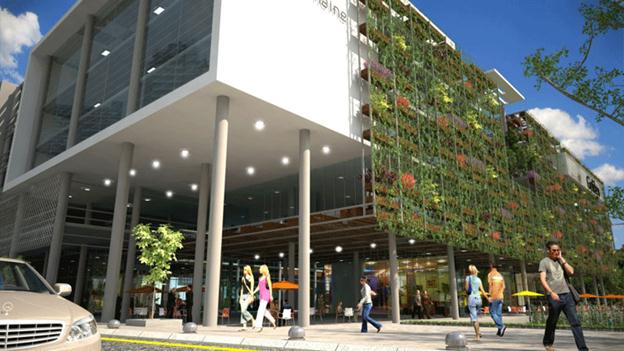
An
artist's impression of the new Menlyn Maine development in Pretoria
Choose Recycled Glass
Did you know that glass can be
recycled many times?
According to glass company Consol,
recycling one glass bottle saves the equivalent energy to burning 100-watt light
bulb for nearly an hour. It can also power a TV for 20 minutes, or a computer
for 25 minutes. Recycling glass saves water and natural resources and reduces
landfill waste. An amazing fact about using cullet (recycled glass) is that
there are no fusion losses in the melting process. In other words, one ton of
cullet has the ability to remake one ton of bottles. In contrast it takes
approximately 1, 2 tons virgin botch material to manufacture one ton of glass.
The recovery and recycling of used glass containers has always been of critical
importance to Consol Glass. Over the past years Consol has invested a great
deal of finance and staffing in ensuring that glass recycling moves from
strength to strength. As port of its social responsibility and community
development programmes, Consol is committed to ensuring that recycling of glass
continues to benefit both the environment and entrepreneurs throughout Southern
Africa.
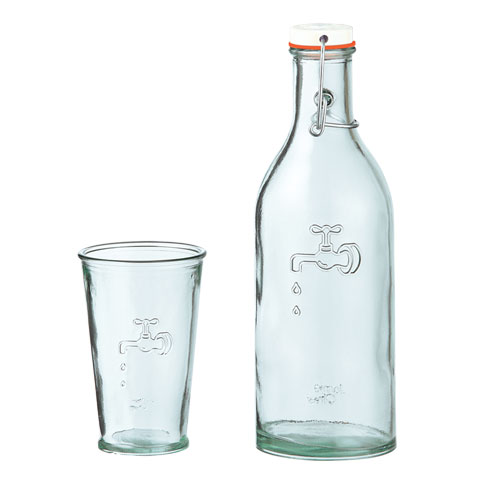
Recycled
glass bottle
Toys R Us Rewards for Recycling
Toys R Us and Reggies have launched Go
Green to encourage their customers to dispose of their batteries responsibly and
avoid throwing them into their dustbins. Batteries contain toxic chemicals and heavy
metals which contribute to soil contamination and water pollution. The Go Green
campaign encourages customers to bring in any old batteries (regardless of brand
or quantity) to their closest store, deposit them in the recycling dispenser
and receive a 10% discount on 0 new pack of Reggies or Toys R Us batteries.
"Our business has a high usage of
batteries in the toys we sell, so we felt it is important to promote recycling and
the correct disposal of these batteries as our contribution to a healthier environment,"
said director of Toys R Us South Africa and Reggies, Issy Zimmerman.
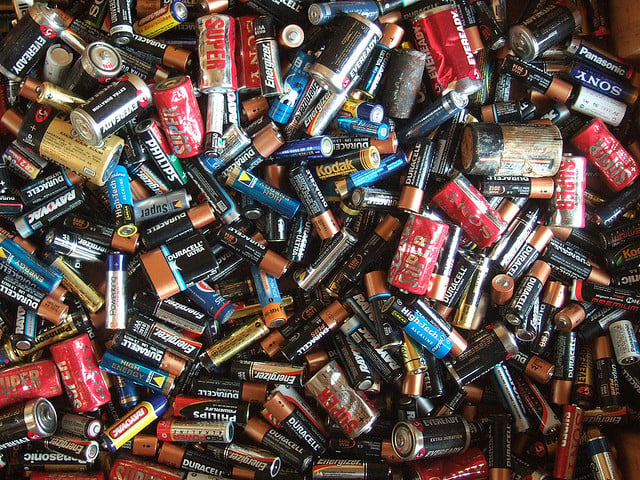
Recycling
Batteries
Innovative Packaging
When two innovative women, Helma
Potgieter and Rosemary Fowkes, founded Pampiri Indaba (direct translation:
paper matter of importance) in September 2010; their main goals were to reduce
paper waste by converting newspaper and magazines donated by the
residents of their hometown Kleinmond into sturdy, attractive gift packaging
and to provide interesting work and an income for women who, through no fault
of their own, had no tertiary education and so no hope of work, except
housecleaning. Pampiri Indaba exists to create meaningful work for unskilled
women and awareness about recycling and using recycled materials, and to reduce
paper waste by upcycling it into something useful; the link is very direct
between individual wellbeing and the earth's health. They manufacture beautiful
paper bags, out of clients' own waste, newspapers, magazines, old annual
reports and calendars which can be customised to your specific requirements. Pampiri
Indaba is located in Kleinmond, South Africa and they can ship their bags
directly to you.
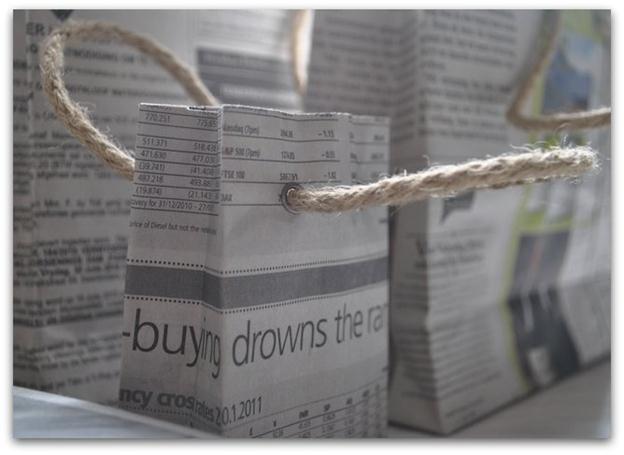
Innovative
packaging
Tips for greener living
- Make gardens
with plants that are indigenous to the area and don't need much watering plant
those thirsty flowers you love in pots.
- Get a recycling
bin and teach your family to wash recyclables before putting them in the bin.
- When visiting
the beach or other natural areas be careful to make sure you "take nothing
but photographs and leave nothing but footprints".
- Save and
re-use plastic bags like bread bags for wrapping foodstuffs rather than using
new ones.